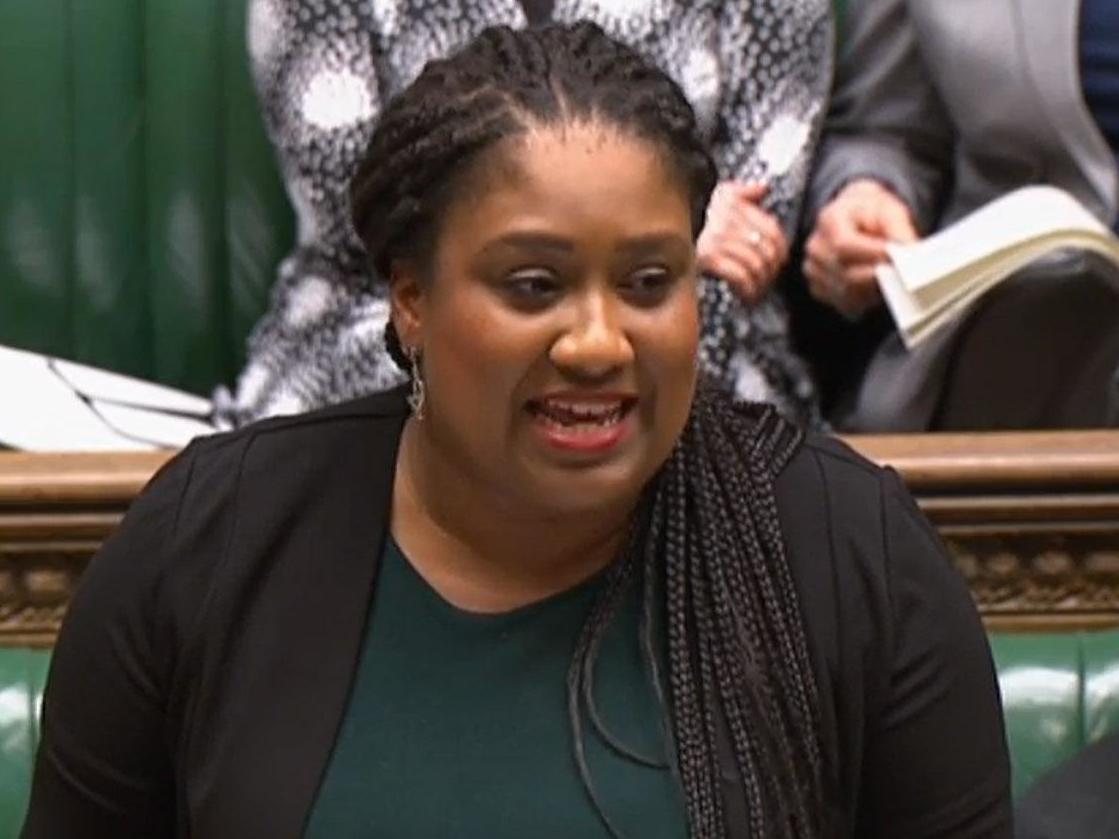Coronavirus: Disabled man ‘starved to death during lockdown’, says MP
Bell Ribeiro-Addy says her constituent was unable to access essential food

Your support helps us to tell the story
From reproductive rights to climate change to Big Tech, The Independent is on the ground when the story is developing. Whether it's investigating the financials of Elon Musk's pro-Trump PAC or producing our latest documentary, 'The A Word', which shines a light on the American women fighting for reproductive rights, we know how important it is to parse out the facts from the messaging.
At such a critical moment in US history, we need reporters on the ground. Your donation allows us to keep sending journalists to speak to both sides of the story.
The Independent is trusted by Americans across the entire political spectrum. And unlike many other quality news outlets, we choose not to lock Americans out of our reporting and analysis with paywalls. We believe quality journalism should be available to everyone, paid for by those who can afford it.
Your support makes all the difference.A disabled man starved to death during the coronavirus lockdown because he was unable to get food, a Labour MP said.
Bell Ribeiro-Addy referred to the ”tragic” incident in Streatham, south London, while charities gave evidence to the Women and Equalities Committee on Wednesday.
She was asking what they thought about the government’s “reluctance” to expand the clinically extremely vulnerable list to include more illnesses and disabilities.
“In my constituency there was a tragic report of a disabled man actually starving to death because he wasn’t able to access food essentials,” she said.
Ms Ribeiro-Addy also referred to research showing that 38 per cent of disabled or vulnerable people were unable to get online shopping slots and 26 per cent were scared catching corona while visiting supermarkets.
Fazilet Hadi, interim policy manager at Disability Rights UK, told the committee that disabled people had encountered a “cynicism and a suspicion” that they were “somehow trying to work the system”.
She said: “We’re all getting very, very different experiences depending on the kindness and helpfulness and training of the staff in our particular supermarket.
“I think it’s been (an) appalling catalogue, I understand why there was a disaster in the first couple of weeks, but I do not understand why the supermarkets are failing to take responsibility for their own disabled customers.”
Edel Harris, chief executive of the learning disability charity Mencap, said there needed to be “agility” around the list of vulnerable conditions during the lockdown.
“The important message is that if you need support and help in one area of your life, in this context access to food, then you have the right help and support to enable that to happen,” she added.
The charities also said the government’s communications have been “inaccessible” and “rushed”, leaving people with disabilities and mental health problems feeling like an “afterthought”.
Giving an example, Ayla Ozmen, head of research and policy at Action on Hearing Loss, said the major lockdown announcement by Boris Johnson on 23 March was “completely inaccessible”.
She said: “People are just simply unaware of the severity of the situation, we’ve heard from people contacting us saying whole families are just unaware of what’s happening until weeks later, until someone’s been able to contact them.”
Ms Ozmen added that people’s lip movements and facial expressions are “completely masked” by current personal protective equipment in hospitals, hindering communication with deaf people.
Transparent medical masks, which are available in the US, need to be approved for use in the NHS to help address this, she added.
Disabled people are also being confronted by members of the public for not wearing face masks on public transport, the charities said, despite having legitimate reasons under guidance published on 15 June.
Ms Hadi said: “Because that communication wasn’t handled to show the balance between wearing a face mask when you can, but not wearing one where it’s difficult for you, it led to confrontation, particularly between members of the public, and disabled people.”
Additional reporting by Press Association
Join our commenting forum
Join thought-provoking conversations, follow other Independent readers and see their replies
Comments